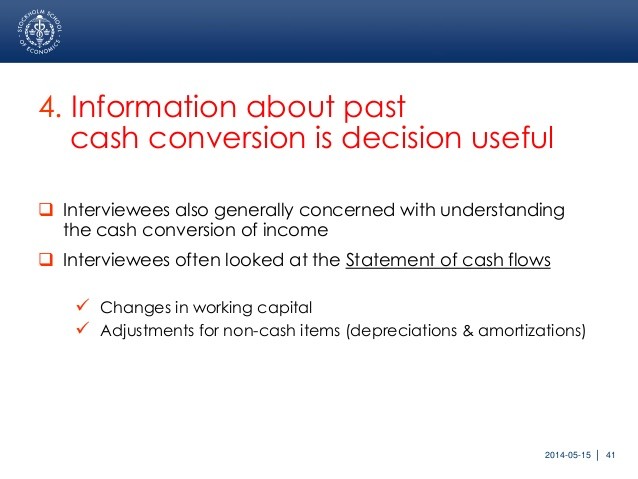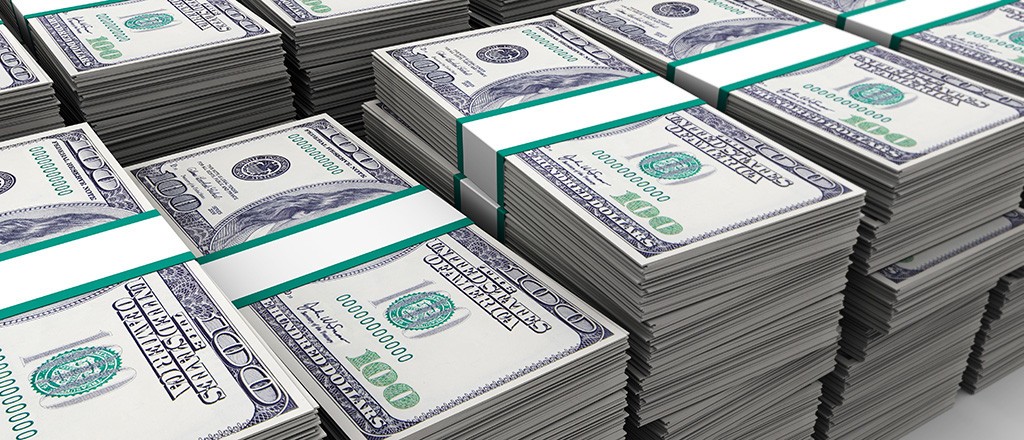Too Much Cash Too Little Innovation
Post on: 22 Апрель, 2015 No Comment

July 17, 2005
Tech companies aren’t just rich these days — they’re filthy, stinking rich. At a time when many corporations are loaded with cash, tech outfits look particularly flush. The 80 tech players in the Standard & Poor’s 500-stock index have a total of $229 billion in cash and equivalents on their balance sheets — more than twice what they had at the end of 1999.
Most experts believe this is too much of a good thing. It certainly makes sense to have enough cash to protect against sharp downturns or to fund future investments. But letting piles of cash stack up beyond a certain point simply isn’t good management. Shareholders entrust their money to corporations so it can be put to good use — and earn high returns. When all that capital is sitting in a bank account, it’s earning pretty much the same measly return you could get at your corner bank. Firms that accumulate cash are not creating value for shareholders, says Jeremy J. Siegel, a finance professor at the University of Pennsylvania’s Wharton School.
So what are technology companies going to do with all their dough? Some, including chip giant Intel (INTC), Net powerhouse Yahoo. and games leader Electronic Arts, are stepping up investments in research and development. Others are on the hunt for acquisitions. Consolidation is particularly dramatic in telecom and corporate software this year.
But mostly, chief executives are deciding that the best thing they can do with their mountains of cash is turn them over to shareholders. Tech companies are paying out more in dividends and buying back more stock than ever before. It’s not just Microsoft Corp. (MSFT), which dispersed about $35 billion over the past year in special and regular dividends to whittle down its cash hoard to a mere $38 billion. Hewlett-Packard (HPQ), IBM, Qualcomm (QCOM), and many others also are handing more cash back to investors. In April the board of Finnish cell-phone maker Nokia Corp. (NOK) authorized the company to nearly double its stock buybacks, to $6 billion, over the next year.
This is a huge change for the tech industry. For years the makers of computers, chips, software, cell phones, and other tech gear devoured chunks of capital because they could put it to productive use. Now some economists see the industry’s accumulation of cash and the handouts to shareholders as an admission that the sector is slowing. Maybe the folks who say the industry has matured are right, says Milton Harris, a professor of finance and economics at the University of Chicago’s Graduate School of Business. Maybe there aren’t good growth opportunities out there.
There are sound reasons for the newfound caution in an industry once known for high-stakes gambles. Companies were punished severely for their daring in the bull market of the ’90s. With former corporate chiefs being hauled into court or facing investigations, some CEOs and directors are skittish about taking chances that might not pan out. And as hedge funds and other short-term traders exert more power, corporations are being kept on a tight leash. Lawrence J. Ellison, CEO of software maker Oracle Corp. (ORCL), says institutional investors take a particularly dim view of grand plans for hiking capital spending or research and development. We don’t have that flexibility, he says.
Mergers and acquisitions are a slightly different story. Companies have more latitude to spend on deals when they can make the case that consolidation will lead to stronger profits in the future, despite evidence that merger results often fall short. That’s one reason tech M&A rose 20% last year, to $60 billion, according to Thomson Financial (TOC). The total is on track to rise 10% more this year. We’ll see cash go into M&A, says tech strategist Pip Coburn of investment bank UBS (UBS). It’s one of the few things investors will allow.
The deals are clumped in a handful of sectors. In markets where growth has slowed sharply, consolidation is one of the few paths to boosting profits. That’s true in traditional wire-line telecom — one reason Verizon Communications (VZ) is buying MCI (MCIP), while SBC Communications (SBC) is acquiring AT&T (T). It’s also true in corporate software, where Ellison is leading the merger wave. Oracle acquired rival PeopleSoft for $10.3 billion, all in cash, in January, and Ellison says he’s considering more deals. If you can buy them at the right price and execute right, there are dozens of companies, he says. Ellison won’t discuss specifics, but two of the most likely candidates are customer-management software maker Siebel Systems Inc. (SEBL) and business-analysis software developer Hyperion Solutions Corp. (HYSL).
There’s a land grab in the few fast-growing sectors of tech, too, particularly the Web and wireless. Once exclusively an online auction site, eBay (EBAY) is diversifying, with purchases of comparison-shopping site Shopping.com and real estate rental site Rent.com. It’s also buying classified ad and auction sites in Asia and Europe. Yahoo! Inc. (YHOO) is going international as well, with acquisitions last year of a Hong Kong search site and a European e-commerce site. Microsoft is even considering a controversial buy in the booming online-ad realm. According to a source close to the software giant, it’s in talks to acquire Claria Corp. which makes ad-displaying software that people often download without realizing its purpose.

CHINA AND INDIA ANON
Bright prospects also are attracting buyers in the wireless industry. Cingular Wireless completed its $41 billion purchase of AT&T Wireless last year, and Sprint (FON) and Nextel Communications are expected to close their merger this fall. Now Germany’s Deutsche Telekom (DT) may sell its wireless unit, T-Mobile USA, to take advantage of the strong market. There’s even talk that Nokia or Motorola, each with more than $10 billion in cash, could make a bid for Research In Motion (RIM), the maker of the popular Blackberry handheld. During a recent conference call, when an analyst asked how Motorola Inc. (MOT) planned to use its dough, CFO David W. Devonshire said: We’re not looking at blockbuster kinds of transactions. But never say never.
Still, timidity is evident in the way most companies are spending the bulk of their money. Stock buybacks among tech companies soared 60% in 2004, to $52 billion, and they’re climbing again this year. Dividends are becoming more and more prevalent, too. Of the 80 tech companies in the S&P 500, fully one-third pay a dividend, according to Standard & Poor’s (MHP) equities analyst Howard Silverblatt. That’s up from 28% in 2003 and 21% in 1993, according to an S&P study. Before 2003 investors penalized tech companies that paid a dividend, says Silverblatt. It was an admission that the company wasn’t a growth company.
Now the practice is commonplace. Will tech players pay a price for their caution? Some experts worry that global competitors have an advantage over today’s tech giants. They fret that China and India, which already have more engineers graduating each year than the U.S. will also see their companies benefit from more patient shareholders. Tech companies are rich in cash. But they need to make sure they’re not poor in innovative ideas.
By Steve Rosenbush in New York, with Robert D. Hof and Ben Elgin in San Mateo, Calif.














